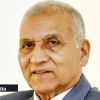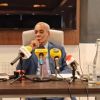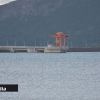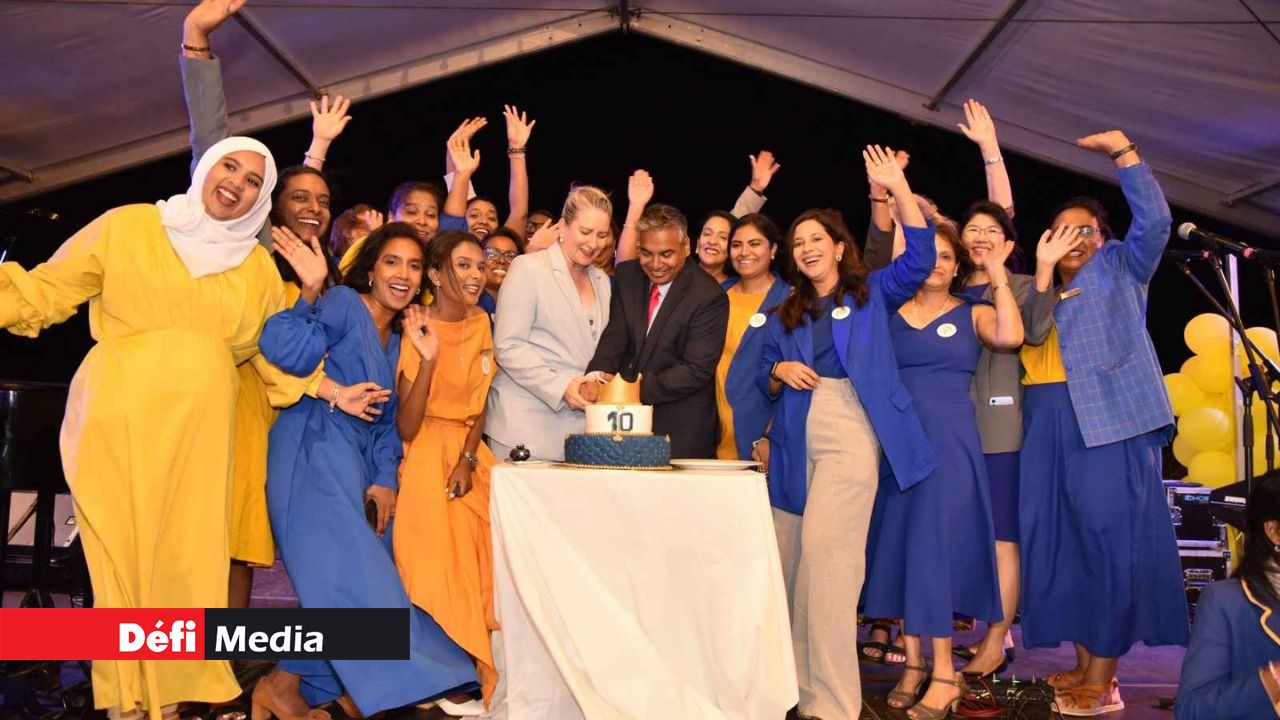
In September 2014, a seed of vision, fueled by passion and commitment, was planted by Rishi and Shannon Nursimulu. They embarked on a remarkable journey that would redefine private education in Mauritius, establishing what is today known as Dukesbridge School. Starting as a modest primary school, Dukesbridge has now grown to be the largest private school on the island. As it celebrates its 10th anniversary, with the opening of its first secondary school, it holds the prestigious title of being the first institution in Mauritius to offer both Cambridge and Western Australian curricula. The journey of Dukesbridge, intertwined with the personal and professional growth of its founders, is a narrative of vision, perseverance, and a passion for holistic education.
Publicité
From its inception, Dukesbridge set out to be more than just a school; it aimed to be a beacon of progressive education. As the school’s first decade draws to a close, it stands as a testament to the couple’s tireless efforts, innovative approach, and commitment to building an environment that nurtures both the academic and emotional development of its students.
We talked to Rishi & Shannon Nursimulu to learn more about their journey, challenges, and the exciting new chapter with the opening of Dukesbridge Secondary School.
Here is our interview with them:
1. Rishi, you lived and worked in the UK/USA/Australia for some 15 years and Shannon, you’re Australian - how did you end up in Mauritius?
Rishi: I always knew that I would come back to Mauritius at some point to do something for my country of origin. I had discussed this with Shannon 16 years ago when we got married. In 2014, with two children aged 1 and 4, it just felt like it was time to come back “home” and to be closer to family.
Shannon: There’s a big difference between coming here on holiday every year and living here. Before we decided to move to Mauritius, we were fortunate that Barclays, the bank that Rishi was working for at the time, sent us here for 3 months. We used this time to assess whether we could adapt and see ourselves living here. That really helped me come to terms with how life is here and to adjust my expectations.
2. You both come from non-educational backgrounds - Rishi you were an economist / M&A investment banker at Merrill Lynch / Barclays Capital, and Shannon you were a cabin manager in the Qantas Group. How did you end up leading the largest private school in Mauritius?
Shannon: Funnily, although we’re not teachers by background, both our families are heavily vested in the education sector. Both my sisters are teachers in Australia and Rishi’s parents are former teachers. His mum established her own private school some 35 years ago and it’s still flourishing today. Needless to say, she has been an incredible source of inspiration and encouragement to us over the years. Family dinners sometimes turn into strategy and sounding board meetings!
Rishi: In fact, these discussions were part of my childhood, growing up with edu-preneur parents. And I suppose over the years, I absorbed so much about what works and what does not work in this sector. But I wish to point out that one should never let their lack of experience or qualifications hold them back from a dream - it’s never too late to apply yourself and learn. That’s what we did. Our research was thorough and extensive, we spent hours talking to experts globally. In absolutely everything that we did, we aimed for the best - our school uniform, song selection for the morning assembly, our dance routines, lesson planning, worksheets… the devil is in the detail and I am humbly confident that this relentless drive for excellence had a big role to play in getting Dukesbridge to become the largest private school on the island and the first in so many things.
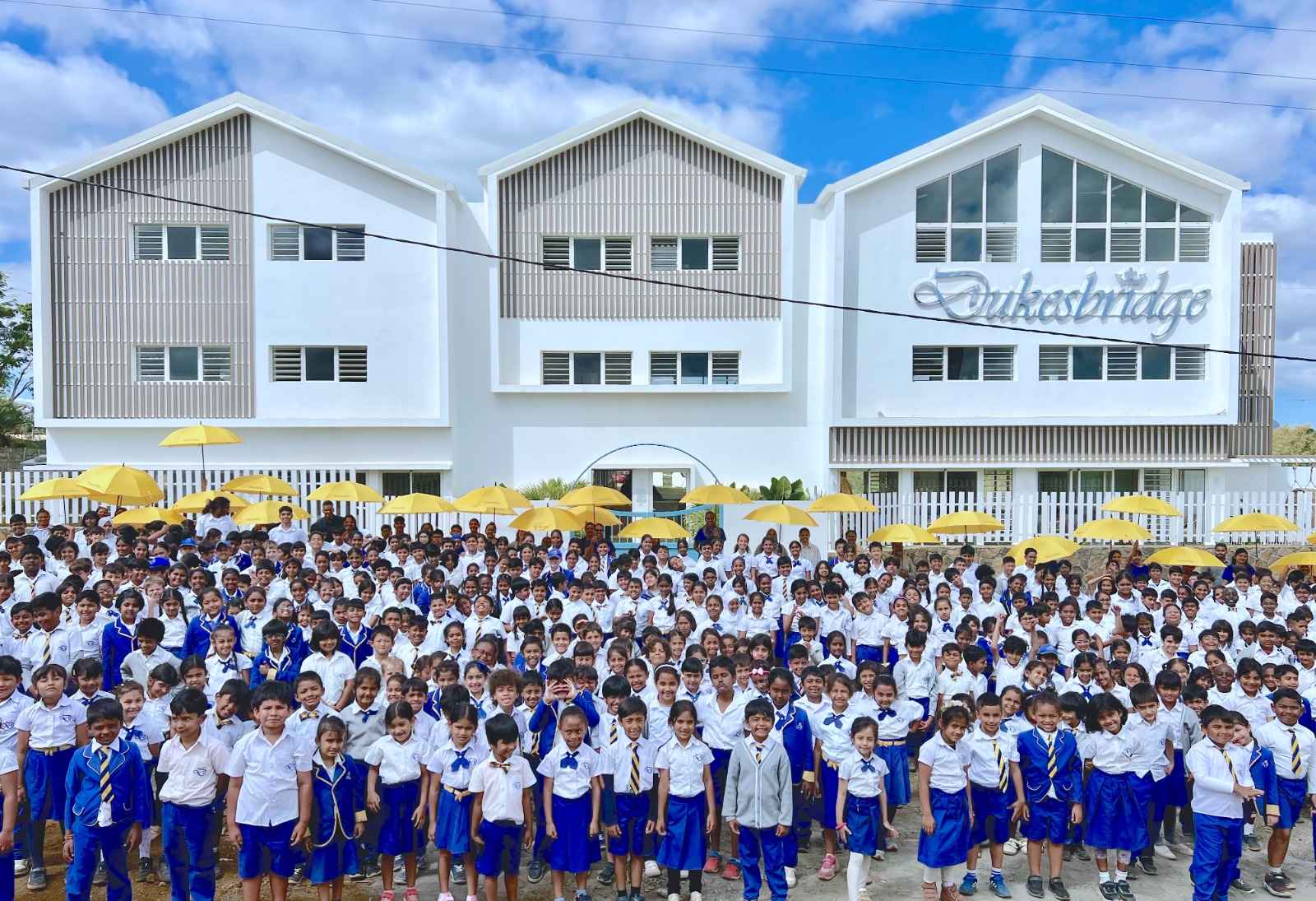
3. How has it been working as husband and wife for 10 years?
Shannon: I joke a lot about how hard it is… we are different in many ways e.g. Rishi’s analytical brain scrutinises everything and he is always diplomatic, whereas I tend to say whatever comes to my mind and try to make people laugh. Whereas I just go with the flow, Rishi is detail-focused and a meticulous planner. There are days when we both annoy one another for sure, but we know that we wouldn’t have experienced the success we’ve had without each other. I actually like being with him in meetings and I hate having to make strategic decisions without getting his viewpoint - he’s so smart and experienced and I know he’ll give me insight that wouldn't have occurred to me otherwise. Prior to coming to Mauritius, his investment banking career involved assisting CEOs of private businesses list them on the stock exchange or sell them to investors, so he acquired significant commercial flair like price elasticity, financial planning and modelling, making corporate strategic decisions, cost-cutting and business efficiency etc. These are all skills that he has transferred to Dukesbridge, allowing us to save significant costs and keep the fees almost half of what other international schools charge. One thing’s certain, I wouldn’t want to work without him.
Rishi: Well, I believe that you don’t get to know your spouse fully until you work alongside each other. It can be challenging at times, but ultimately, it's about understanding each other's strengths and weaknesses and ensuring each person fulfills roles best suited to their strengths. For example, Shannon's customer-service background shone through in how she designed our uniforms, orchestrated the warm welcomes at drop-off, infused enthusiasm into everything from morning assemblies to events, and taught empathy and compassion to both our team and students. It's our blend of different yet complementary skills and experiences that has fostered such a successful synergy at Dukesbridge. There’s no way that I could have done it without Shannon.
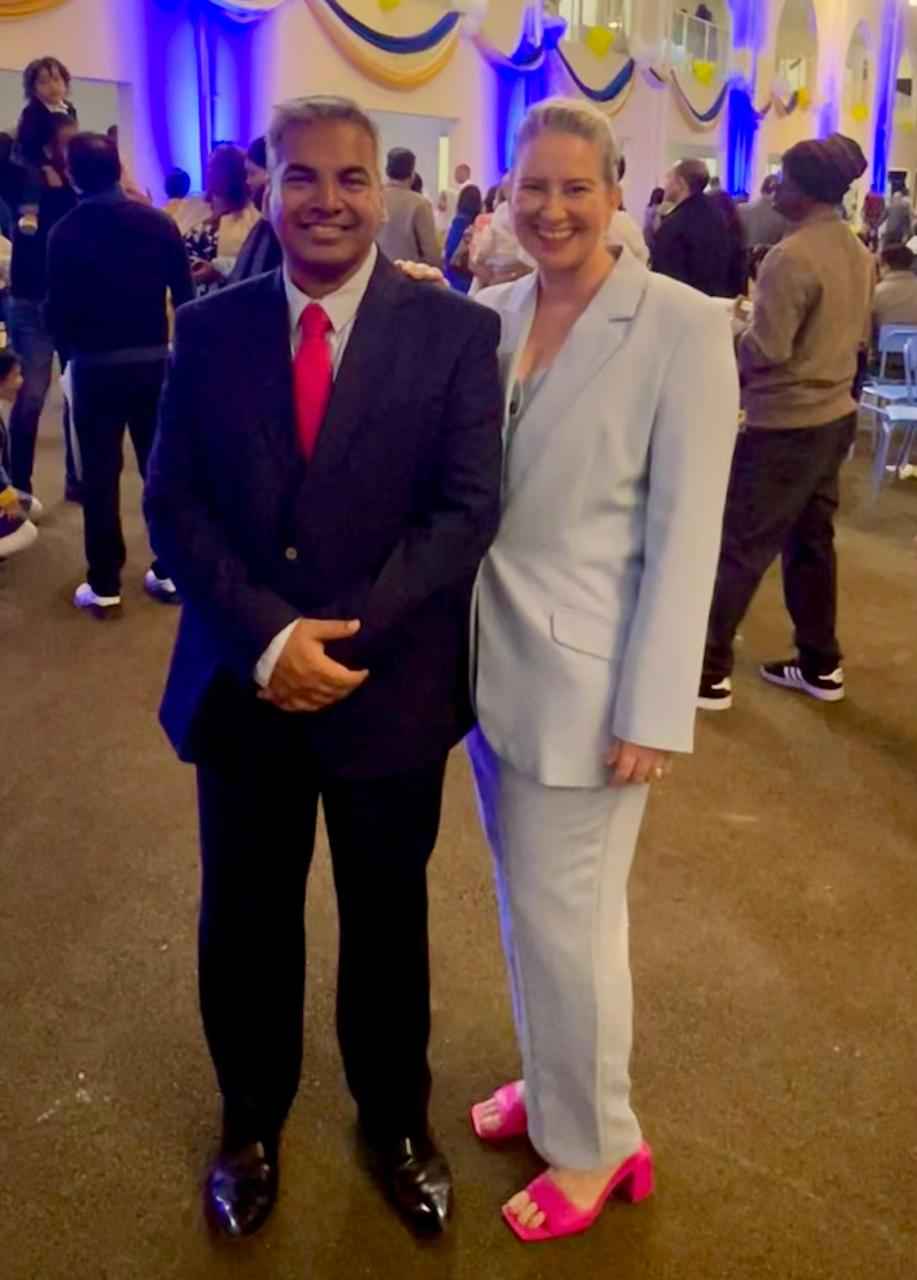
4. Dukesbridge has just celebrated 10 years of existence. This coincided with the launch of its first secondary school. What inspired this new chapter in Dukesbridge’s journey?
Rishi: The secondary school project was honestly daunting. It took years of careful consideration to plan how we would implement it, especially given the specialised subjects and international examinations involved. It's a significant responsibility. However, expanding into secondary education felt like a natural progression for our organisation, especially for the children graduating from Dukesbridge Primary. Their parents appreciate our approach, and their encouragement spurred us to take on the challenge of launching the secondary school. We firmly believe that our students will be future leaders of this country. Most of them have strong roots here, and will return to Mauritius, their home, after further studies and work experience abroad. This conviction compelled us to support them through their secondary education, providing the same love, happiness, and strong moral values that we have nurtured since they were two years old.
Shannon: Our goal was to build a space where students can thrive academically, emotionally, and creatively. I wanted it to feel light, airy and inspiring so I actually took an interior design course online before meeting with the professionals to ensure we got the right look and feel! My mood board even had the words 'best school ever' typed on it. I didn’t want the school to feel like just another ordinary building. I wanted it to give a holiday feel-good vibe. In fact, a number of the rattan furniture delivery guys would ask, “is this a school or a hotel?”
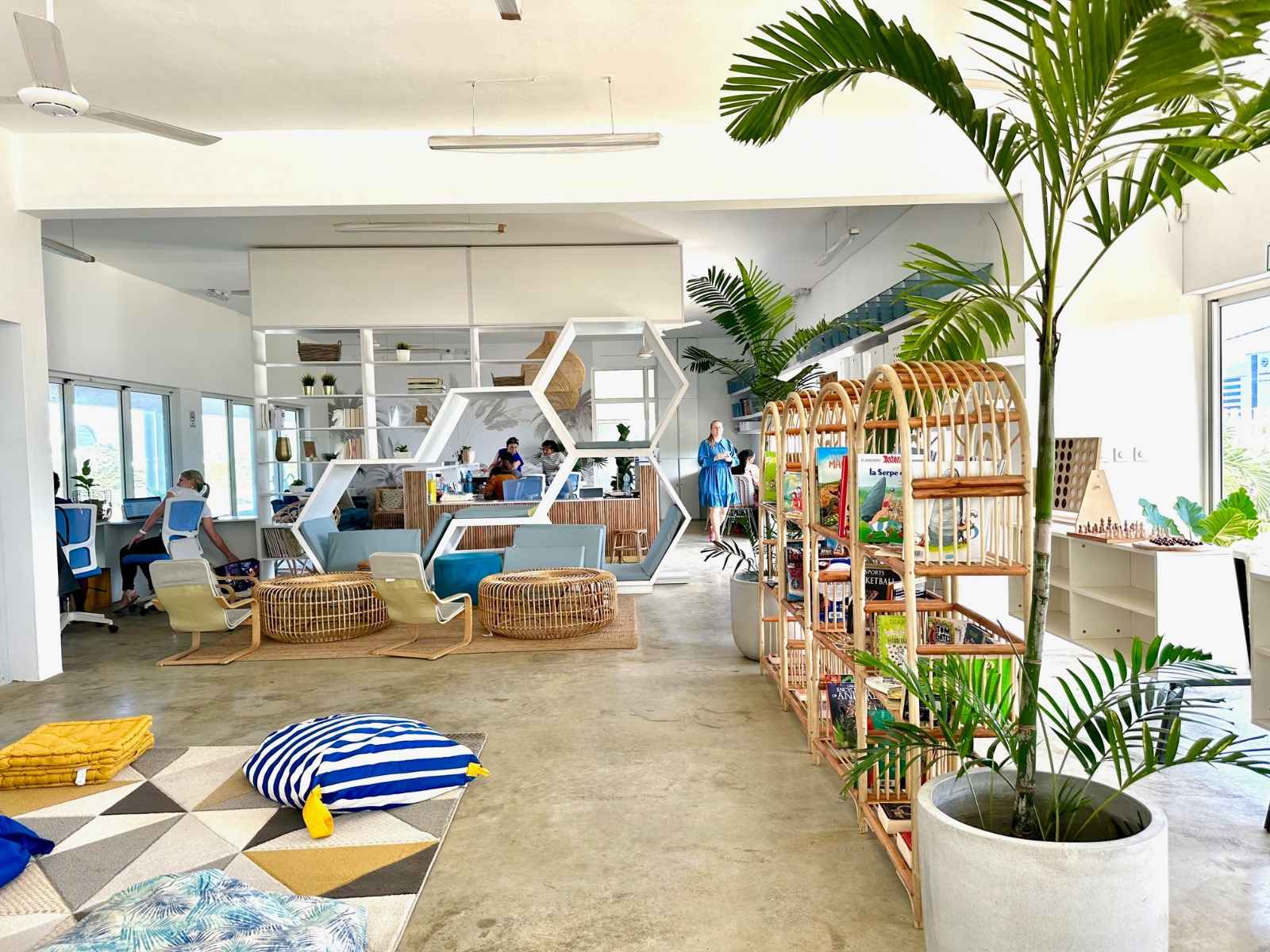
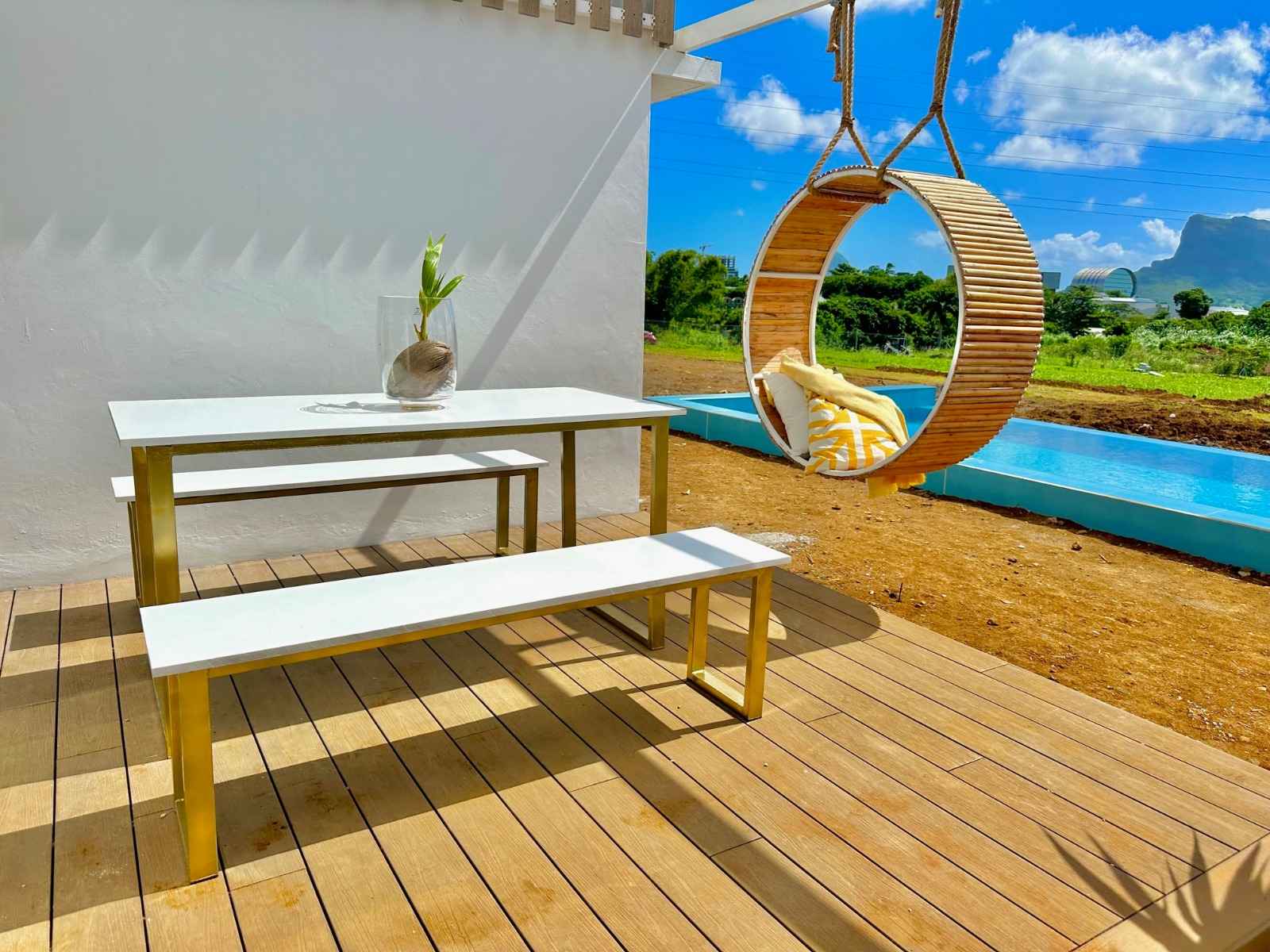
5. As Dukesbridge celebrates its 10th anniversary in Mauritius, how does the opening of this secondary school reflect the evolution of the institution over the past decade?
Shannon: It shows how our style has changed and matured over time. Initially, all of our furniture and toys were plastic and bright colours and as we began to find more timber furniture, we leaned more towards natural materials for our equipment and pastel tones. Nowadays, most of our classrooms have a more serene feel with a neutral colour palette which is reflected in the secondary school. We’ve found our identity over time.
Rishi: It also reflects our confidence in our own vision, our desire to be different and to do things the unconventional way. I remember numerous occasions when people initially mocked our ambitious dreams and goals. As you progress, not everyone likes it. Some try to belittle you, undermine your efforts, and make hurtful remarks. I wish I had not listened to them. I wonder how many more lives we could have positively impacted, how many more songs would have been written had I been confident enough to tune them out earlier on.
6. What are the key educational philosophies and principles that will define Dukesbridge Secondary School?
Shannon: The secondary school is an extension of the primary with the same philosophy and guiding principles. Our commitment remains the holistic development of children through "Teaching Happiness". We believe that when students are engaged in a stimulating and aesthetically pleasing environment, their happiness naturally motivates them to achieve their best. Our accreditation by the Australian Government (SCSA in Western Australia) necessitates equal emphasis on both academic and non-academic subjects. This ensures our students receive a well-rounded education that nurtures academic success, emotional well-being, and creativity.
Rishi: As we did for our primary school, we undertook a meticulous benchmarking exercise to compare the Western Australian curriculum with the MIE (derived from Cambridge) and the International Baccalaureate (IB). Our educational philosophy integrates elements from each, such as IB’s self-inquiry and service learning, Cambridge keystage checkpoints and international exams, and Australian pedagogy, teaching styles, and framework. This blend ensures that our students benefit from the strengths of all three educational approaches.
7. Why did you choose Cambridge/Australian blended curriculum as opposed to the International Baccalaureate (IB) which most international schools here offer?
Rishi: Like I said earlier, I spent a lot of time thinking about what would be best for our student population. Firstly, I believe that a lot of our students will likely end up in Mauritius one day, and many don’t realise that the O’Level / A’Level Cambridge qualifications are prerequisites for a lot of these jobs, especially in the Government sector. I felt that it was important not to close that door for our students. Secondly, I believe that many students will need scholarships or financial assistance to pursue tertiary studies abroad. Speaking from my own experience, winning the laureate scholarship in 2000 literally changed my life overnight as my parents wouldn’t have been able to afford sending me to uni in London. So it was important for me that I preserve these opportunities for our students too. Thirdly, I recently met with my former professor at the LSE, and she was telling me that the Cambridge qualifications which we all know in Mauritius are still the golden standard to gain university entry for several subjects...
Shannon: I believe there are so many myths and misconceptions. But more and more people are realising that IB is a framework with some excellent elements that have already been integrated in the Australian national programme such as enquiry-based learning and community service. The thing about education is that it is never stagnant, and we have to constantly adapt and evolve, especially with technology and AI.
Rishi: What I also love about our programme is that it gives flexibility to students to have not just one but two exit routes. In Australia, students have only 6 years of secondary schooling, unlike our 7 years in Mauritius. Two years ago, a delegation from the Ministry of Education in Australia came and met with the Mauritian ministry. They discussed the opportunity for our students to sit the WACE exams in Year 12 (i.e. lower six) and go to university thereafter, or continue on to sit the HSC exams in Year 13 (i.e. upper six).
8. What is the role of project-based learning and hands-on experience at Dukesbridge Secondary, and how will these methods prepare students for future academic and personal success?
Rishi: Project-based learning and hands-on experiences are central to our educational approach. These methods encourage students to apply their knowledge in real-world contexts, fostering critical thinking, problem-solving skills, and creativity. At Dukesbridge Secondary, students engage in various projects and practical activities, from scientific experiments in our state-of-the-art laboratories to creative endeavours in our dedicated arts spaces. These experiences not only enhance their academic learning but also prepare them for future challenges by developing practical skills and resilience.
Shannon: A good illustration of our approach occurred recently when our Forms 1 and 2 students participated in a mock court trial, with our in-house legal counsel presiding as judge for the day. Additionally, we organised an Entrepreneur Day where students developed their own business plans and showcased their products. Many students excelled, demonstrating impressive commercial skills and creativity.
Rishi: We are looking into the possibility of work placements and exchanges with schools in Perth for one term.
9. Dukesbridge aims to foster not only academic excellence but also an all-round development, including sports and performing arts. Can you tell us more about how these elements will be integrated into the secondary school curriculum?
Shannon: I love giving our students the opportunity to try different kinds of things so that they learn more about themselves by discovering things they enjoy and are good at. We want to include a variety of sports, be it athletics like sprinting or javelin, ball sports like cricket or rugby, or precision sports like archery, these all give pupils a taste to see what’s out there in the world. Subjects that include product design and manufacture (working with electric tools in the design workshop sparked excitement in me when I was at school in Australia) and digital marketing as well as life skills, like basic maintenance and how to look after your own house once you leave home after school, will set our students apart from the rest.
Rishi: When it comes to performing arts, we have a school choir which produces its own original songs recorded in a professional recording studio, sometimes with famous local artists. Students have the chance to dance and or act in our music videos and other projects as well as getting to take part in our epic annual musical productions and learn to speak publicly both in a small group setting, like a boardroom or on a podcast, as well as on stage in front of an audience of thousands.
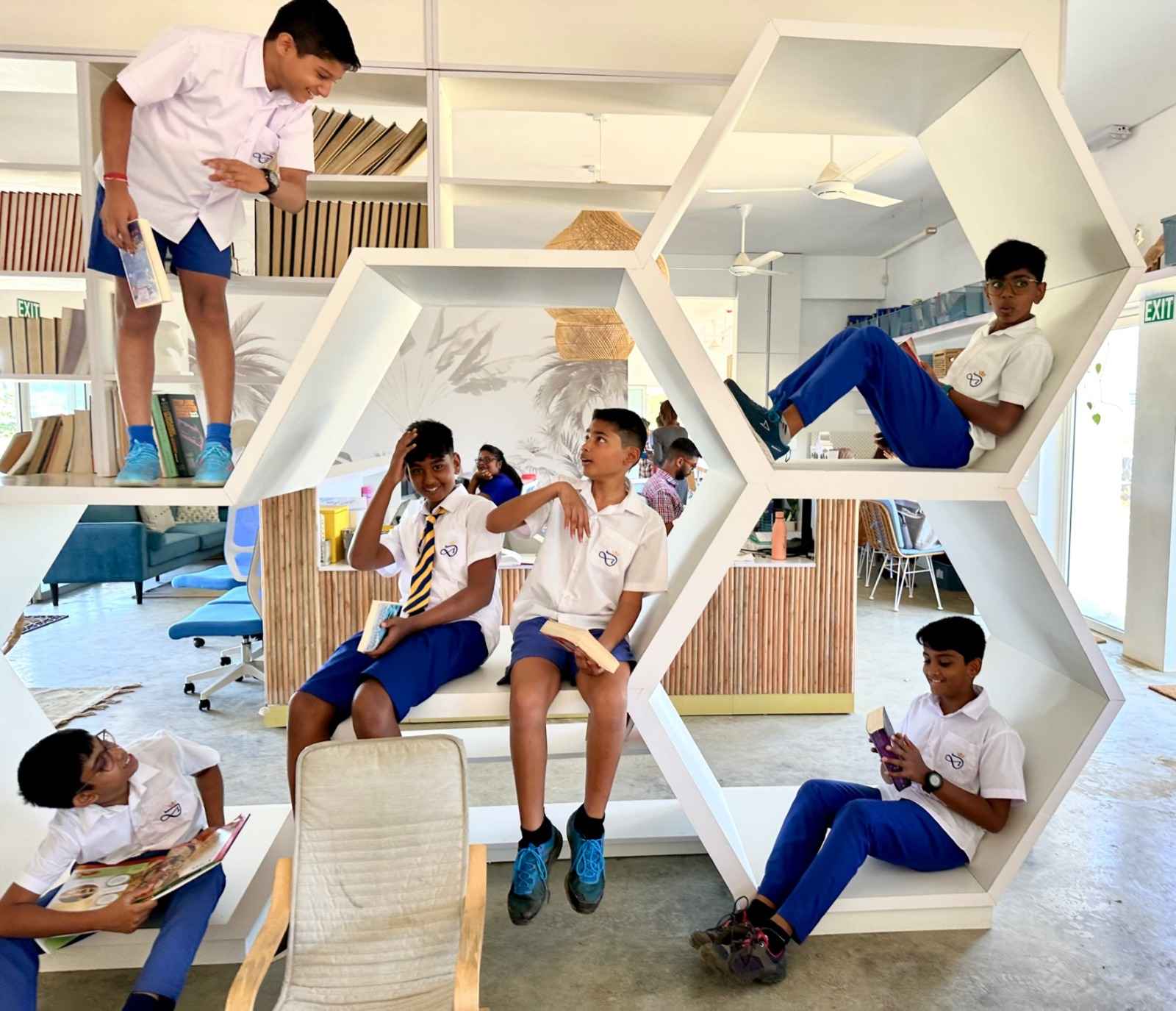
10. You mentioned the WACE qualification allowing students to apply for universities a year earlier. How does this benefit Mauritian students, and what global opportunities does it open for them?
Shannon: The WACE gives students a significant advantage! Over the years, many Mauritian parents have asked us to push their children ahead a year in their schooling - this is certainly a way to achieve it without the risk of skipping grades and missing vital learning and emotional development. The WACE qualification is recognised internationally, providing our students with a competitive edge in the global job market and educational landscape.
Rishi: Just last week, the Australian Minister for International Education addressed our parents via video, highlighting that our students who complete the WACE will be eligible for bursaries and grants to pursue university degrees in Western Australia. That’s a definite plus.
11. What are the expansion plans for Dukesbridge Secondary School in terms of grades and student intake, and how do you envision the growth of the secondary school over the next few years?
Shannon: We’re starting with Forms 1 and 2 this year, and the growth of the secondary will come naturally and gradually as our students progress year after year, feeding from our primary schools initially. This phased approach allows us to ensure a high-quality educational experience while effectively managing growth.
Rishi: Over the next few years, we aim to add a boarding school facility for our secondary and attract students from Africa particularly. Dukesbridge already operates in Kenya and is growing in the region where we see lots of families favouring boarding schools for their children. Why not have them come to Mauritius which is only a 4-hour flight away and enjoy the climate and safety that our island offers?
12. Environmental consciousness is a key focus at Dukesbridge. How do you plan to continue incorporating eco-friendly initiatives and outdoor learning experiences at the secondary level?
Shannon: This topic is a personal interest of mine and we’ve already implemented rainwater harvesting systems and energy-efficient LED lighting into our campuses on top of growing some of our own organic produce that we cook with in our daily school meals. Our open-plan layouts and outdoor learning spaces are designed to optimise natural light and reduce energy consumption. The next project is composting and low level recycling. Eventually, I’d love to have solar power once it becomes financially viable.
Rishi: This year, we hired our own in-house sustainability officer. By teaching students about eco-friendly initiatives as we go, and challenging them to dream up better solutions, we are training the next generation to be responsible global citizens.
13. Can you share any standout moments from the inauguration event on September 13th, particularly regarding the involvement of notable dignitaries and their thoughts on the school’s opening?
Rishi: In his speech, my dear mentor, Anil Currimjee, commended Dukesbridge for its contribution to the nation, and that word struck a chord with me. Back in September 2014, I remember writing down our mission statement: “Build a school, change a nation”. 10 years later, when the children and the huge crowd were waving their hands, singing “one nation, enn sel nasyon”, in that moment I humbly realised that the mission had been fulfilled. It was hard to hold back the tears.
Shannon: Yes same for me. When hundreds of students entered through the crowd singing the bridge towards the end of the song “with one voice we sing… one people, one nation…”, I was overcome with emotion. It gives me goosebumps even now. Unforgettable moment. 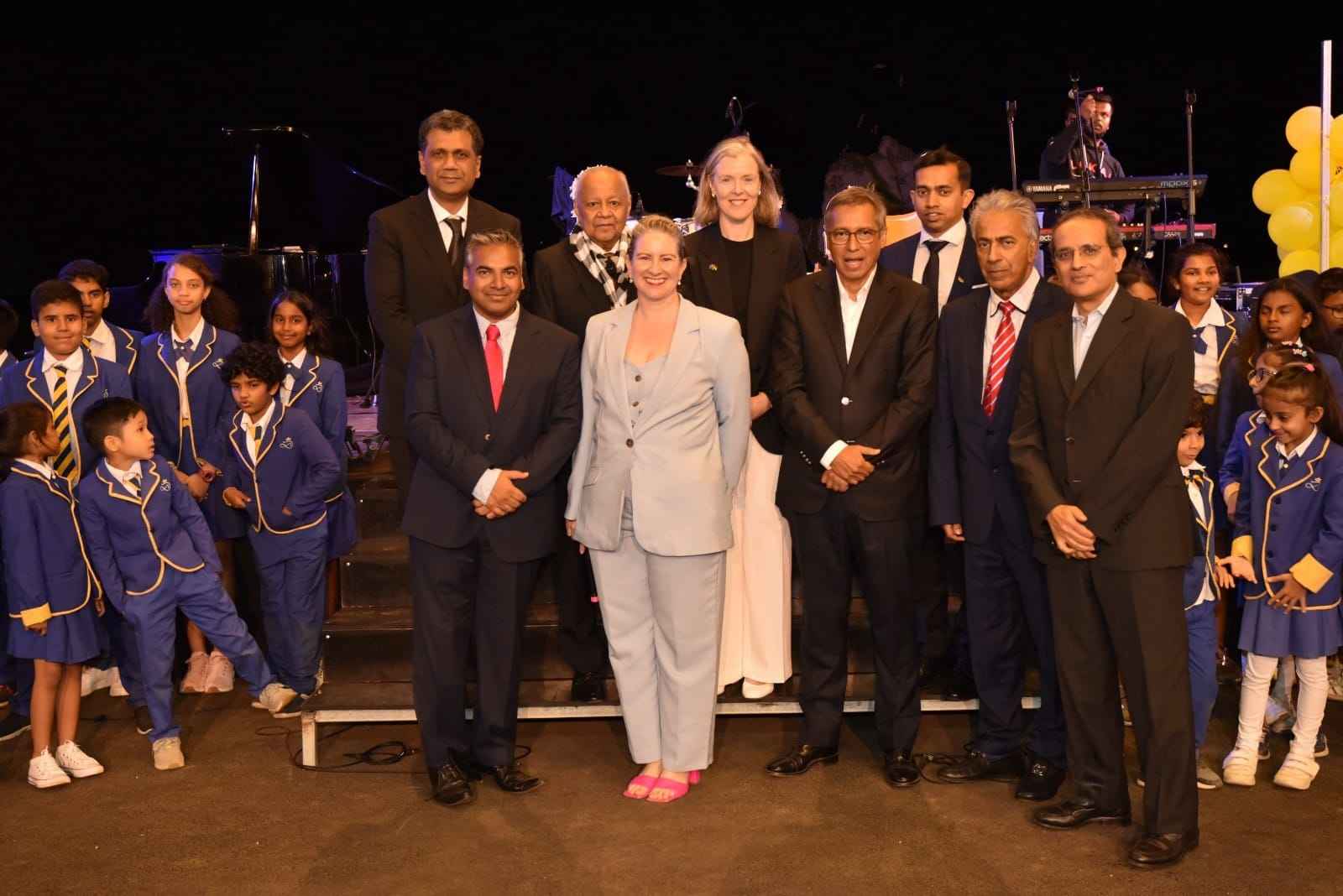

14. With a growing team of over 230 staff members, what role does the Dukesbridge team play in maintaining the high standards and innovative approaches of the school?
Shannon: They are the ones who carry out the vision! Rishi and I worked hard to create a staff culture of encouragement that strives for excellence and embraces change. It’s all well and good to dream up fun and creative ideas but without a supportive team behind us, we’d be lost. Truly, without them, we wouldn’t have a school at all. Each member of our team plays a crucial role in shaping the lives of the next generation, and we remind them of that constantly. We took them all out for a retreat during the 10-year celebrations and it was the best time ever!
Rishi: Our team is like family, and each of them is incredibly important to us. We hold them to high standards, there are easier places to work, where the boss maybe doesn’t care quite so much about every little thing, but I pride myself in being involved at every level - from being with the maintenance team choosing the right plants together and designing our custom school furniture, to planning sessions with our Maths educators and challenging them to think outside the box. I want our team to feel valued and empowered in their roles, knowing they contribute to something greater.
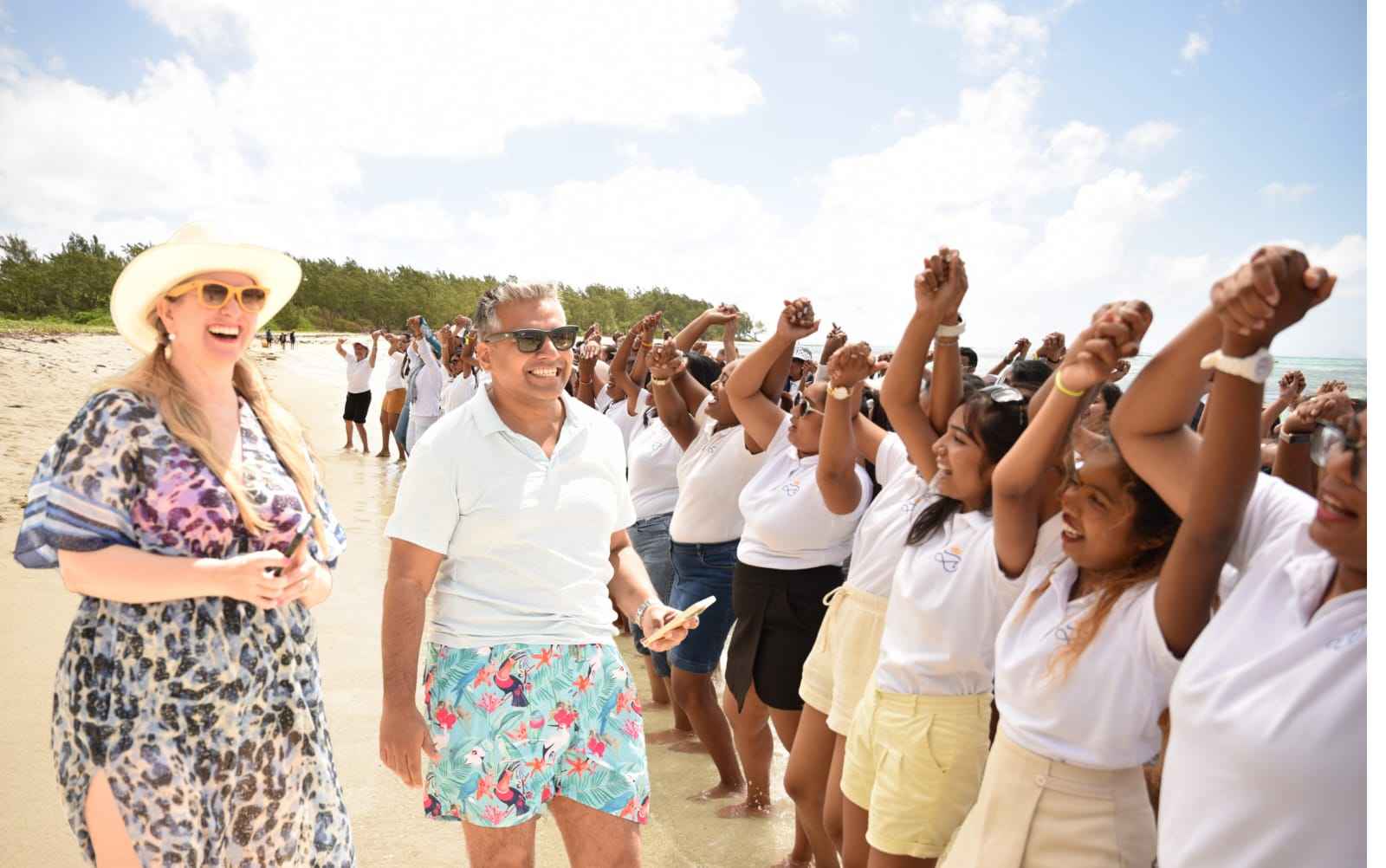
15. What message would you like to give to parents and students who are considering Dukesbridge Secondary School as their educational institution?
Shannon: I recognize that Dukesbridge isn’t for everybody. It suits students that are looking for a holistic education, not necessarily for those with pure focus on academia. Because most of our students join us during nursery at the age of 2, they’ve grown up being challenged academically, thus, generally have a high level (particularly English, Maths and sciences) so it can be difficult for children joining us in later years. I would encourage parents to start their children during our foundation stage which begins in the year the child turns two. It may seem early, but it’s my experience of seeing thousands of children come through our doors, that those who began at that age are notably ahead of their peers in so many ways.
Rishi: Definitely get in touch with the team, come for a visit to get a feel and ask questions. We hope you’ll appreciate all the effort that has gone into the design and decor of the school.
As Dukesbridge enters its second decade, it continues to inspire and shape the lives of countless students, providing them with the tools they need to succeed in an ever-changing world. With its unwavering commitment to academic excellence, holistic development, and environmental sustainability, Dukesbridge is not just a school—it’s a movement, a community, and a beacon of hope for the future.
As Rishi and Shannon Nursimulu look back on their journey, they do so with pride, knowing that they have created something truly special—an institution that will continue to make a lasting impact for generations to come.

Notre service WhatsApp. Vous êtes témoins d`un événement d`actualité ou d`une scène insolite? Envoyez-nous vos photos ou vidéos sur le 5 259 82 00 !















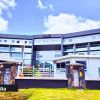
![[Pran Kont] Témoignages de résilience : le combat contre le cancer](https://defimedia.info/sites/default/files/styles/square_thumbnail/public/untitled_design_2_138.jpg?itok=P0ZbXslh)


